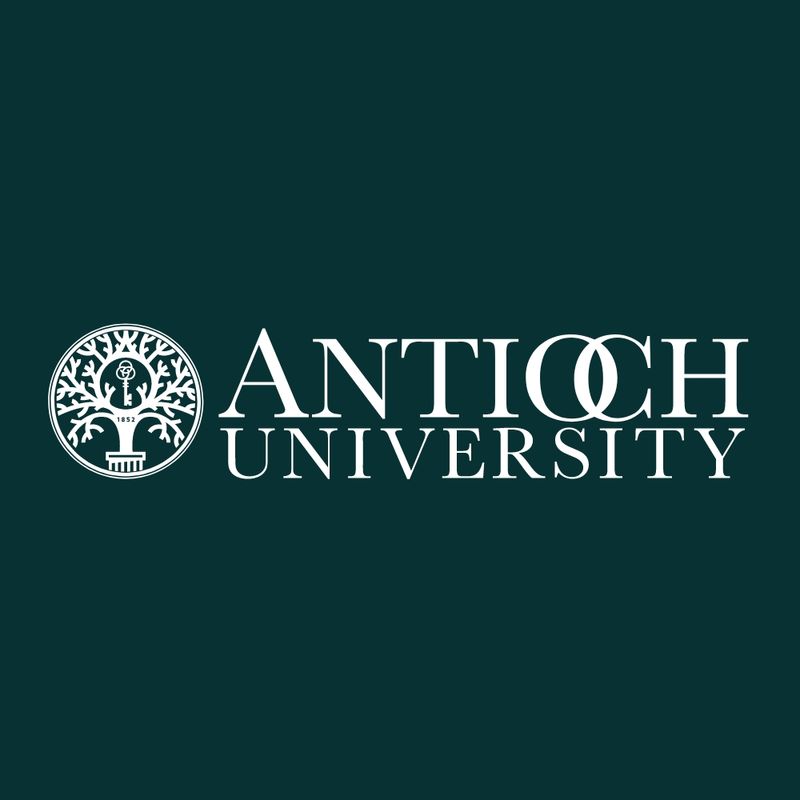


Antioch University
School of Counseling, Psychology, and Therapy
40 Avon St
Keene, NH 03431
Department Head: Tomoyo Kawano
Phone: 800.552.8380
Fax: 603.357.0718
Website: antioch.edu
Email: admissions.ane@antioch.edu
Social Media:
facebook: antiochuniversity
instagram: antiochuniversity
MA in Dance/Movement Therapy: Couple & Family Therapy
Certificate in Dance/Movement Therapy
Number of Majors: 0
Number of Minors: n/a
Number of Graduate Students: 50
Number of Participating Non-Majors: n/a
Number of additional faculty: 6
Number of Faculty (Full-Time): 2
Size of Student Body: 900
Fall Semester Deadline: 1-Apr
Offers a Dance Team
Offers Online Courses
Offers Credit for Life Experience
Offers Study Abroad
Cost of room & board: $0
Undergraduate Tuition (Resident): 468/credit
Undergraduate Tuition (Out of State): 468/credit
Graduate Tuition (Resident): 1168/credit (MA) 816/credit (Certificate)
Graduate Tuition (Out of State): 1168/credit (MA) 816/credit (Certificate)
Percentage of students receiving financial Aid: 70
Scholarships:
Need-based Scholarships awarded
Merit-based Scholarships awarded
Auditions required for placement
Audition Dates: n/a
Education/Pedagogy
Somatics/Movement Therapy/Kinesiology
Graduate Spotlight Details:
Antioch’s fully accredited low-residency Dance/Movement Therapy (DMT) program emphasizes that dancing is inherently life-affirming and that relational bodily action drives change. Integrating nonverbal and verbal approaches, along with training in Couple and Family Therapy, students tailor their methods to their professional identity and diverse client needs. Antioch’s MA generally takes two and a half to three years to complete and includes both supervised counseling and dance/movement therapy internships. Graduates of the program work with individuals, couples, and families across various settings, from psychiatric and medical facilities to schools and correctional institutions, guided by a commitment to social justice, multicultural inclusion, and anti-oppressive practice. Accredited by the American Dance Therapy Association (ADTA), Antioch’s program leads to registration as a dance/movement therapist (R-DMT) and can also fulfill education requirements for licensure as a marriage and family therapist in many states, with a focus on service-based experiential learning. Residencies are held on one of Antioch’s campuses in Washington state, New Hampshire, California, and Ohio.
Antioch also offers a low-residency Certificate in Dance/Movement Therapy to help those who already have a master’s degree in counseling or a related field of mental health and a background in dance to acquire the bulk of requirements needed to apply to the ADTA for the R-DMT credential. This 29-credit specialization covers the latest on the discipline of dance/movement therapy as a mind–body approach in therapy, including key approaches to treatment and intervention techniques. This course of study equips students for diverse settings and populations, addressing concerns from depression and trauma to medical conditions like cancer and traumatic brain injury. The three-year program meets for intensive one-week experiential-learning residencies twice a year, in June and September, for dance/movement therapy-specific coursework. Students can begin certificate coursework while completing degree requirements for a master’s in mental health counseling, or as postgraduate counselors, social workers, psychologists, allied health professionals, and/or educators.